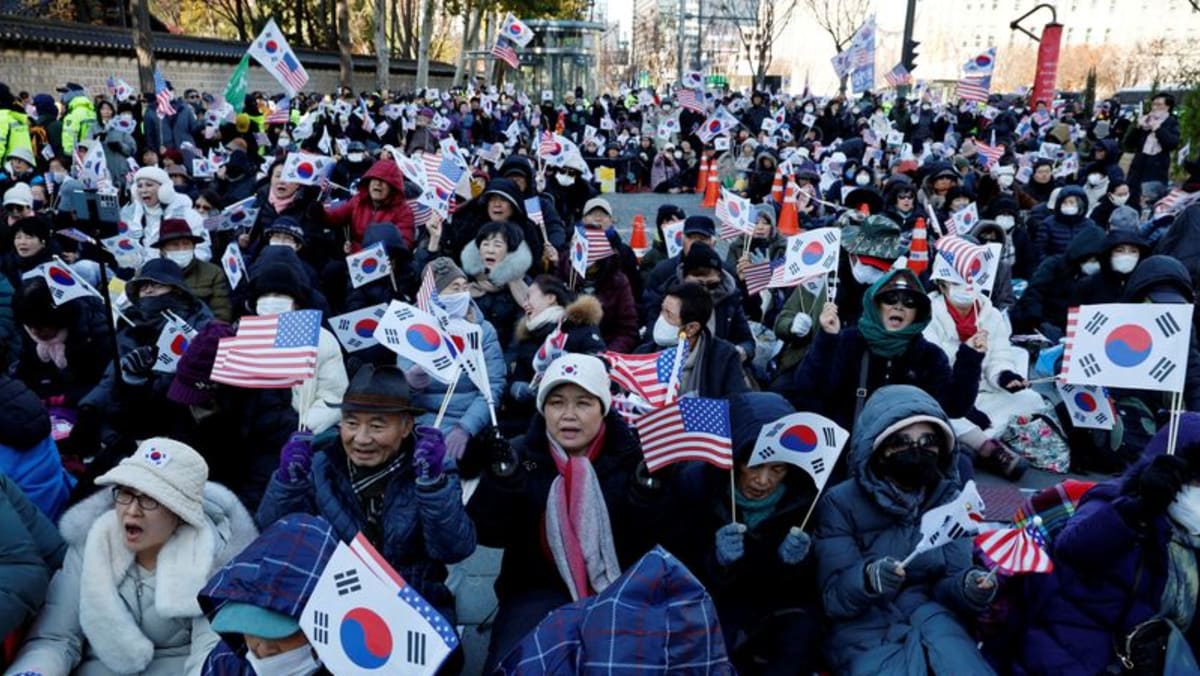NEW DELHI: Highlighting intergenerational trauma and suffering which people in Jammu & Kashmir had to go through over the years, Justice Sanjay Kishan Kaul, while upholding abrogation of J&K’s special status, recommended setting up a truth and reconciliation commission to talk to the residents and probe human rights violations by state and non-state actors since the 1980s.
“In order to move forward, the wounds need healing. What is at stake is not simply preventing the recurrence of injustice, but the burden of restoring the region’s social fabric to what it has historically been based on — coexistence, tolerance and mutual respect. It is worth noting that even the partition of India in 1947 did not impair Jammu & Kashmir’s communal and social harmony. In this context, Mahatma Gandhi is famously quoted to have said that Kashmir was a ray of hope for humanity,” Justice Kaul, who hails from the state, said.
Expressing anguish for what people in the region have experienced, Justice Kaul said they carried the burden as victims of the conflict for several decades, starting from 1947, and the intervening political circumstances did not permit redress to the fullest extent.
“The consequences remained in terms of parts of Kashmir being occupied by other countries. The second round of insurgency holds its origin to the latter part of 1980s. There was a troubled situation at the ground level, which was apparently not redressed. It culminated in the migration of one part of the population of the state in 1989-90. It is something that our country has had to live with and without any redressal for the people who had to leave their home and hearth. It was not a voluntary migration,” he said.
Justice Kaul said the Army, which is meant to fight battles with enemies, was brought into the state. “The entry of the Army created its own ground realities in their endeavour to preserve the integrity of the state and the nation against foreign incursions. The men, women and children of the state have paid a heavy price,” he added.
“In order to move forward, the wounds need healing. What is at stake is not simply preventing the recurrence of injustice, but the burden of restoring the region’s social fabric to what it has historically been based on — coexistence, tolerance and mutual respect. It is worth noting that even the partition of India in 1947 did not impair Jammu & Kashmir’s communal and social harmony. In this context, Mahatma Gandhi is famously quoted to have said that Kashmir was a ray of hope for humanity,” Justice Kaul, who hails from the state, said.
Expressing anguish for what people in the region have experienced, Justice Kaul said they carried the burden as victims of the conflict for several decades, starting from 1947, and the intervening political circumstances did not permit redress to the fullest extent.
“The consequences remained in terms of parts of Kashmir being occupied by other countries. The second round of insurgency holds its origin to the latter part of 1980s. There was a troubled situation at the ground level, which was apparently not redressed. It culminated in the migration of one part of the population of the state in 1989-90. It is something that our country has had to live with and without any redressal for the people who had to leave their home and hearth. It was not a voluntary migration,” he said.
Justice Kaul said the Army, which is meant to fight battles with enemies, was brought into the state. “The entry of the Army created its own ground realities in their endeavour to preserve the integrity of the state and the nation against foreign incursions. The men, women and children of the state have paid a heavy price,” he added.
Denial of responsibility! Pioneer Newz is an automatic aggregator of the all world’s media. In each content, the hyperlink to the primary source is specified. All trademarks belong to their rightful owners, all materials to their authors. If you are the owner of the content and do not want us to publish your materials, please contact us by email – [email protected]. The content will be deleted within 24 hours.







